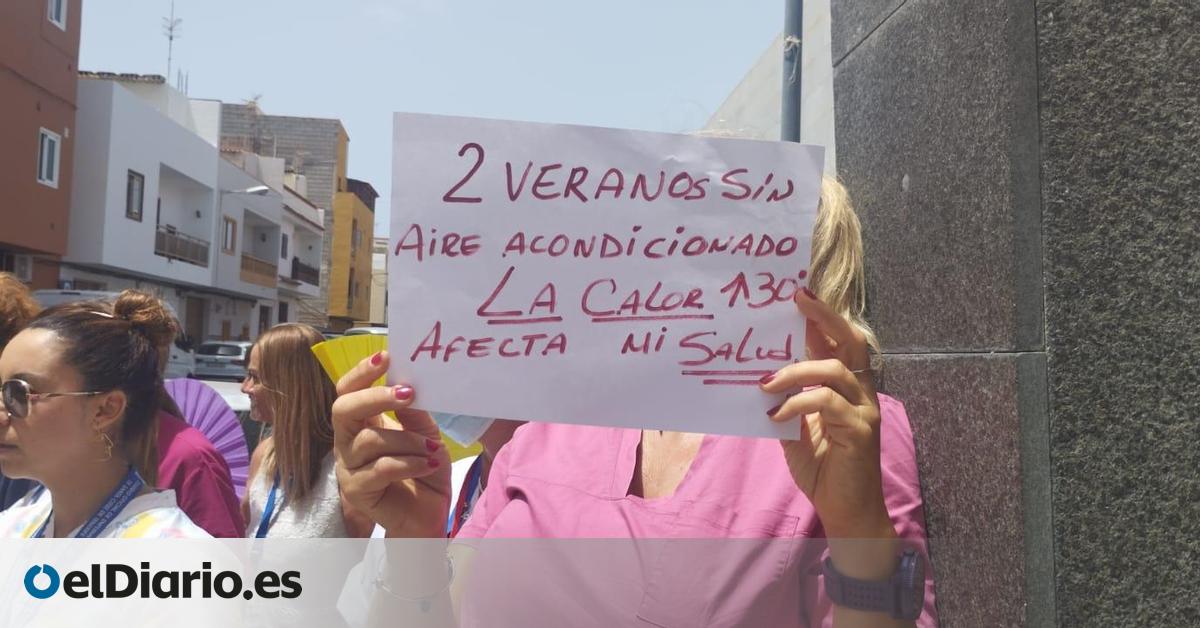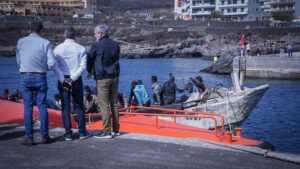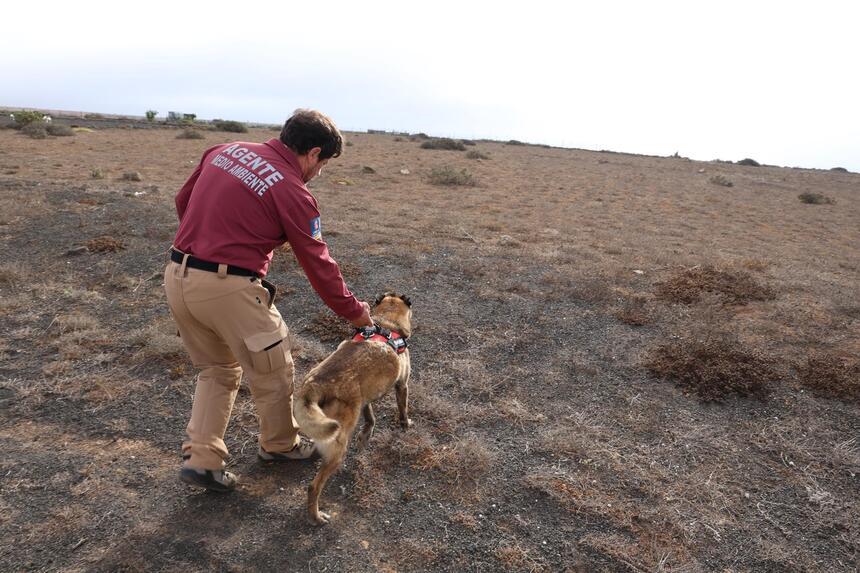
The Government of the Canary Islands has scheduled a day of analysis on the geopolitical situation in the Sahel and its impact on migration to the archipelago for 3 September, according to an official statement.
Growing Instability
The spread of jihadist violence, structural deficits in economic development and governance, as well as the repercussions of climate change, are creating an increasingly unstable situation. This instability affects not only the countries in this region of Africa but also the surrounding areas, the government affirmed in a statement.
Concerns from the President
The President of the Canary Islands, Fernando Clavijo, has repeatedly expressed his “concern” regarding the European Union’s (EU) lack of response to this situation, which also relates to the migration phenomenon. He has called for cooperation policies to enable African countries in this region to achieve development and promote peaceful cohabitation.
Expert Insights
In light of this, the government—through the Innovation Team for Migratory Management of Responsible Islands (IRLab)—has organised this webinar, where various experts will discuss the geopolitical situation in the Sahel.
The panel will include Dr Beatriz Mesa, a political science expert; Beatriz de León Cobo, a security specialist in the Sahel; and journalist José Naranjo. They will cover different aspects of the current situation, from the political and security deterioration in the region to the implications for boat departures to the Canary Islands.
Access to the Webinar
The discussions will be conducted via a webinar (the link will be provided soon), and the event is open to anyone interested in understanding the causes and consequences of the current political, economic, and social situation in the Sahel.
EFE













